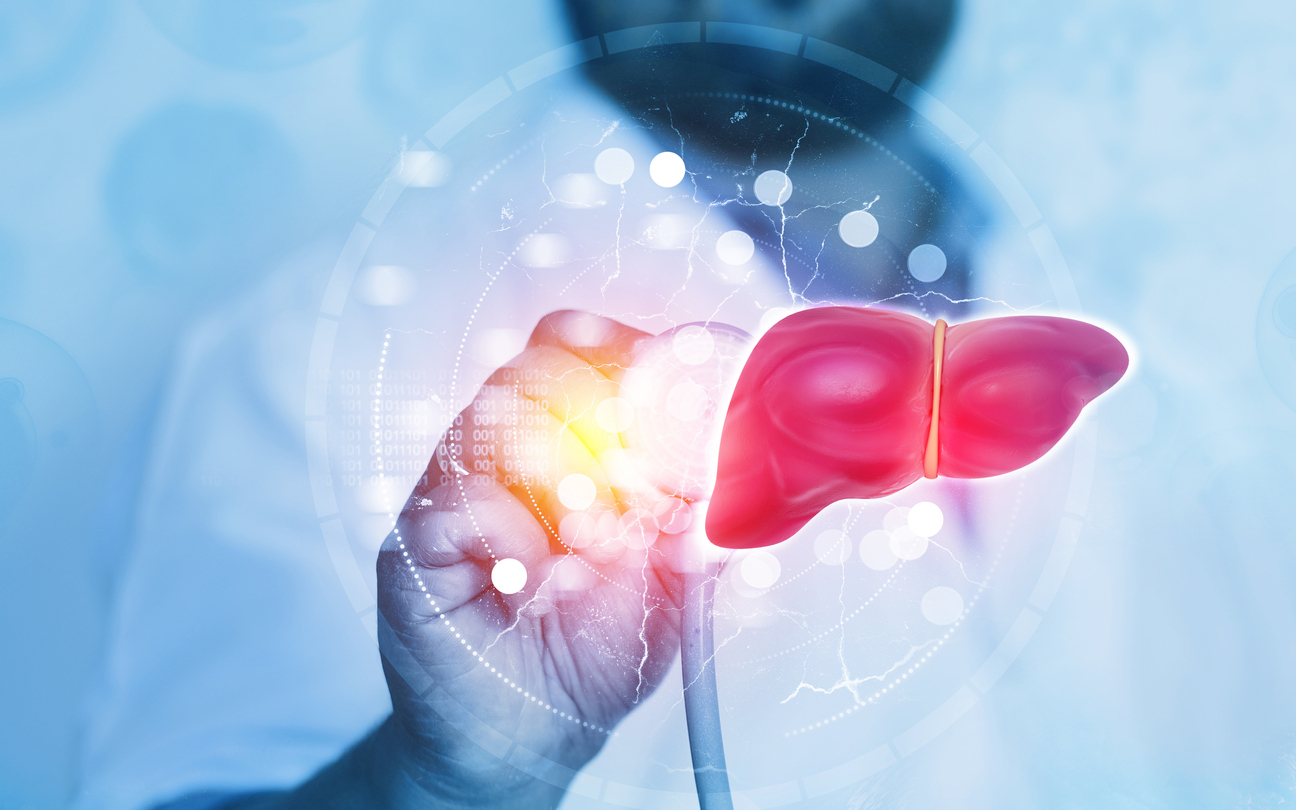
Fatty liver disease, known as hepatic steatosis, is a prevalent condition characterized by the accumulation of fat in liver cells. Lifestyle and dietary changes have contributed to the rising incidence of this health issue. This article aims to delve into the causes, symptoms, and steps individuals can take to maintain a healthier liver and prevent or manage fatty liver disease.
Fatty liver disease presents itself in two main forms: alcoholic fatty liver disease (AFLD) and non-alcoholic fatty liver disease (NAFLD). While metabolic factors like obesity, insulin resistance, and high blood sugar levels primarily influence NAFLD, AFLD develops because of excessive alcohol consumption. Additionally, poor dietary choices, sedentary lifestyles, and genetic factors can also contribute to NAFLD's development.
During the early stages, fatty liver disease may not show any symptoms and can only be identified through regular medical check-ups or tests. However, as the disease advances, individuals may experience the following indications:
1. Fatigue and feeling weak
2. Sudden weight loss or loss of appetite without any apparent cause
3. Discomfort or pain in the abdominal area
4. An enlarged liver that can be detected during a physical examination
5. Higher liver enzyme levels observed in blood tests
Detecting fatty liver disease at an early stage is crucial to prevent it from progressing into more serious conditions like non-alcoholic steatohepatitis (NASH) or cirrhosis. If you have any of the symptoms mentioned above or if you have risk factors such as obesity or alcohol consumption, it is important to consult a healthcare professional for an accurate diagnosis and appropriate management.
Make changes to your lifestyle to improve the health of your liver. Start by:
1. Eating a balanced diet that includes whole foods like fruits, vegetables, lean proteins, and whole grains. Avoid saturated fats, refined sugars, and processed foods.
2. If you are overweight or obese, aim for gradual weight loss through a combination of a healthy diet and regular exercise. Losing weight too quickly can make fatty liver disease worse.
3. It is important to engage in regular physical activity to improve insulin sensitivity and reduce liver fat. Strive for at least 150 minutes of moderate-intensity aerobic activity or 75 minutes of vigorous-intensity aerobic activity each week. Additionally, include muscle-strengthening activities on two or more days per week.
4. Control alcohol intake: If diagnosed with AFLD or NAFLD, it is crucial to either abstain from alcohol or significantly limit consumption to support liver healing.
5. Deal with underlying conditions: Effectively manage conditions like diabetes, high blood pressure, or high cholesterol by collaborating with your healthcare provider.
To summarize, fatty liver disease is a common condition that should not be ignored due to its potential severe repercussions. However, by comprehending the underlying causes, being aware of possible symptoms, and making lifestyle modifications, individuals can actively improve the health of their liver. Timely identification, along with a well-balanced diet, frequent physical activity, and moderation in alcohol consumption, are crucial in preventing or managing fatty liver disease and maintaining a healthy liver overall. It is advisable to seek personalized advice and treatment options from a healthcare professional based on individual health requirements.
قصص المرضى